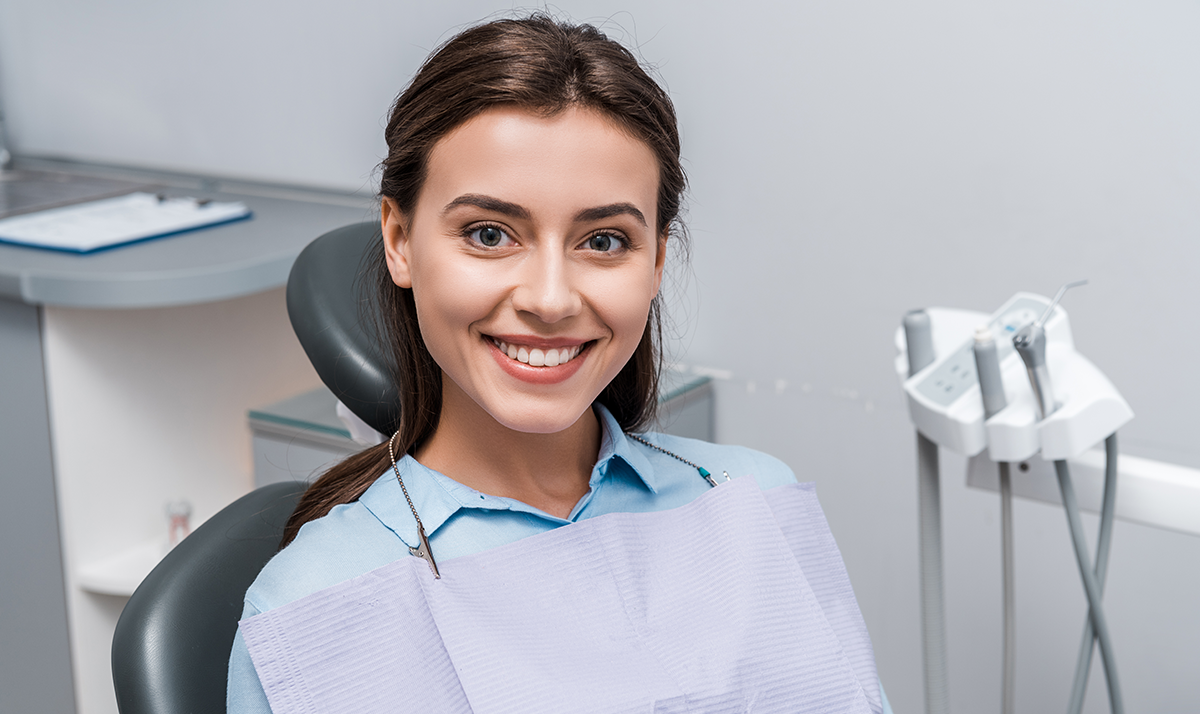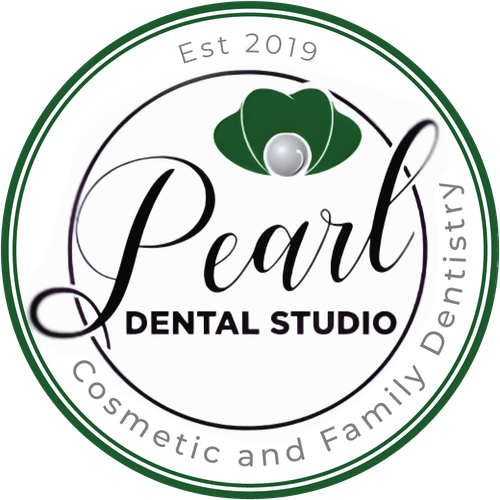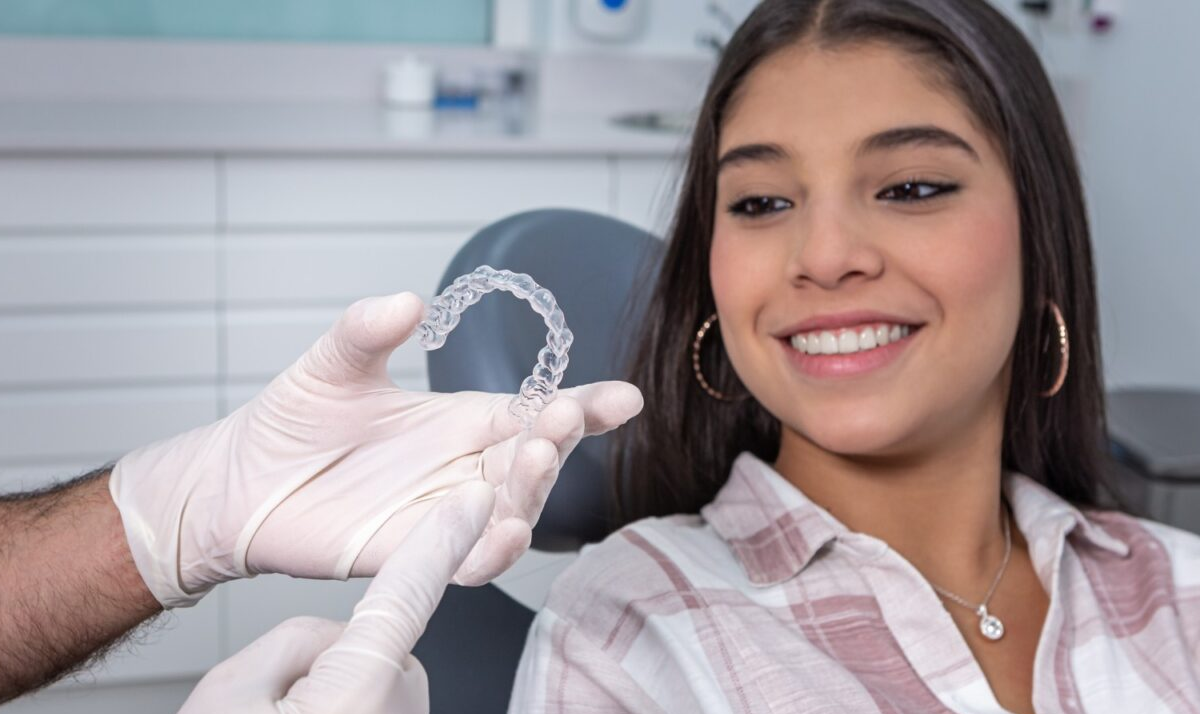117 Batesville Rd Suite 202, Simpsonville, SC 29681

Have you ever smiled with your lips closed just to conceal your teeth? Have you felt judged before you even spoke a word? Confidence reduces when you despise your smile. Here comes the role of Invisalign. It significantly transforms smiles quietly and effortlessly.
With Invisalign, you are free from metal and shame. You will only have transformation. Mental health isn’t merely in your head. It’s also in your smile.
How Physical Appearance Impacts Mental Health
A smile is usually the first impression we make. It is often the very first thing that we are insecure about. Psychological research supports the fact that appearance, especially facial beauty, directly affects self-esteem.
Crooked teeth or displaced teeth cause shyness and isolation from others due to the embarrassment they evoke. Individuals with obvious dental flaws tend to be more anxious and have lower confidence. Smiling encourages social responses. It reassures feelings of acceptance and belongingness.
Smiling suppressed leads to isolation and low self-esteem. These become cumulative to depression and self-consciousness over time. Smiling freely creates a sense of belonging and openness, even when happiness is suppressed.
The mouth becomes a mirror to mental well-being. Correcting dental alignment with Invisalign can be a discreet yet transformative remedy for restoring emotional well-being.
Why Is Invisalign A Less Conspicuous Route to a More Beautiful Smile?
Traditional braces can be cumbersome and noticeable. On the other hand, Invisalign offers nearly invisible clear aligners. It is removable, cozy, and free from the social stigma associated with metal brackets.
People with Invisalign can eat, brush, and speak freely without embarrassment or discomfort. This makes treatment transparent. Moreover, it enables patients to lead everyday lives without shame or embarrassment.
Traditional braces tend to attract unnecessary attention, particularly among adult professionals. Conversely, Invisalign Mauldin enables subtle correction. It frees users from the necessity of repeated explanation or judgment.
Psychologically, the privacy of care establishes confidence from day one. Invisalign doesn’t shout “work in progress”. It whispers “personal upgrade.” That’s a self-esteem game-changer.
By minimizing social stigma, Invisalign helps patients remain confident throughout their treatment process. An Invisalign dentist becomes a smile specialist and a silent participant in emotional development.
The Psychological Transformation
Most Invisalign patients feel more confident in a matter of weeks after beginning treatment.
With their improved smile comes an enhanced self-image. No longer embarrassed behind guarded lips, they start smiling naturally for photos, meetings, and conversations. This increased comfort brings reduced levels of anxiety and greater social interaction.
Individuals start dating again, voice their opinions more at the workplace, and make eye contact effortlessly. Their Invisalign dentist regularly sees dental changes and emotional milestones.
Body image is enhanced when users take pride in their appearance. Self-care is more deliberate. The psychological ripple effect is indelible. Improved dental attractiveness has a confidence-boosting effect.
Smiles no longer come across as forced. Instead, they are natural, happy, and frequent.
That internal transformation from shame to pride is where Invisalign’s magic begins.
Mental Health Ripple Effects
Better oral health tends to generate better habits in everyday life. Brushing more, flossing daily, and using aligners create a habit of self-care.
Consistency naturally causes discipline and emotional resilience. As users smile more, the brain releases mood-enhancing chemicals such as endorphins and dopamine. This neurologic response significantly increases happiness and diminishes stress.
Invisalign treatment is no longer merely an orthodontic ritual but a mental health ritual.
The positive feedback loop begins small. Good feelings about a smile give rise to greater self-belief.
Confidence spills over into career decisions, new relationships, and public encounters. The change is system-wide. It encompasses dental, emotional, and psychological aspects.
Some Invisalign dentists observe patients’ posture, tone, and attitude shift as their bite adjusts. A single, easy choice, such as straightening teeth, opens up greater mental freedom and liberation. Invisalign offers a surprising yet effective form of therapy.
A straight smile is not merely cosmetic. It’s highly emotional. Invisalign offers more than just a great appearance. It also fosters self-esteem and mental clarity. Confidence, comfort, and emotional well-being increase with every shift in aligners.
Selecting an Invisalign dentist may be a choice for better mental health. Allow your smile to be a reason you feel good, not something that you hide. Discover Invisalign, not simply for straight teeth, but for a straighter path to self-acceptance.






